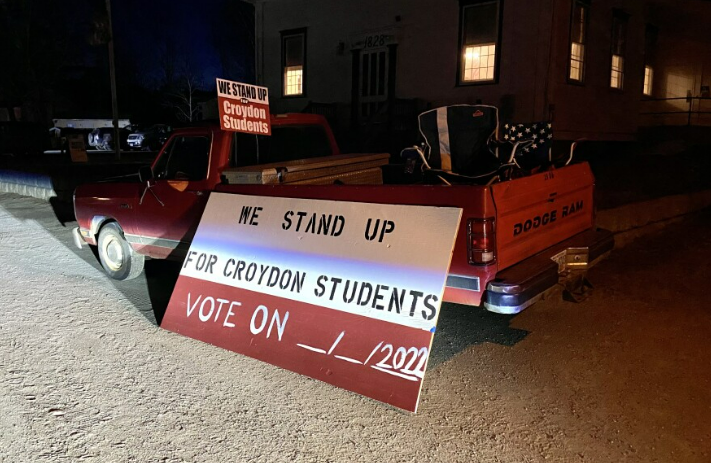
Editor’s note: This commentary from Jim Peschke, a former member of the Croydon, New Hampshire, school board, appeared Wednesday on concordmonitor.com.
Every year, small towns across New Hampshire grapple with ways to keep their budgets in check. This usually entails minor adjustments and revisions that tighten up spending, but don’t dramatically alter the character of town or school operations.
This spring, residents of the town of Croydon adopted a novel approach, setting the school budget based on a simple per-pupil formula multiplied by a total student population. The final number, $800,000, came in at less than half of the board’s original $1.7 million-plus figure. This budget was disruptive, as it was meant to be.
As one of 20 vilified residents who voted in favor of the budget overhaul, I’ve heard many concerns about this approach, from the reasonable “can we deliver on this small budget?” to the absurd “the kids will end up in prison because they didn’t get enough art class.”
Among the cacophony of hyperbolic scenarios, one comment sounds quite reasonable: “This budget amendment seems abrupt and severe. Why was it necessary to cut the budget this way?”
It’s a good question, and it deserves a good answer.
To continue reading, click here.


